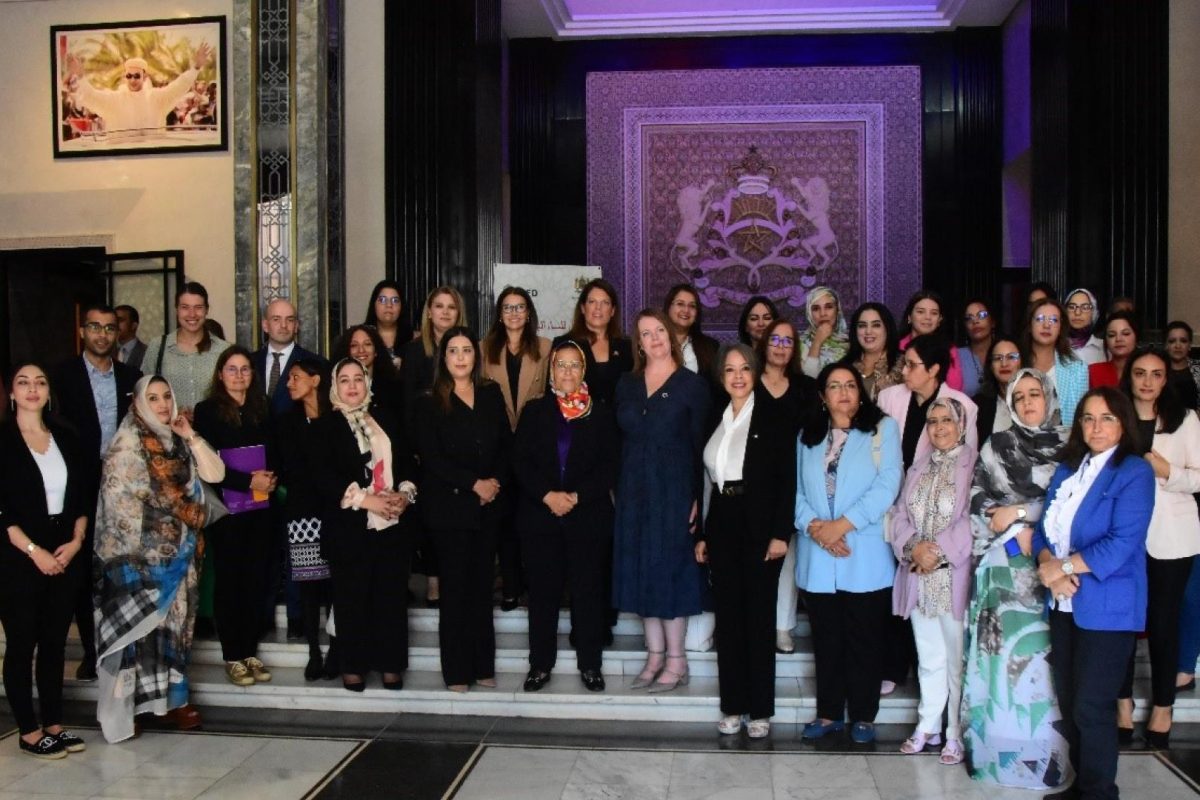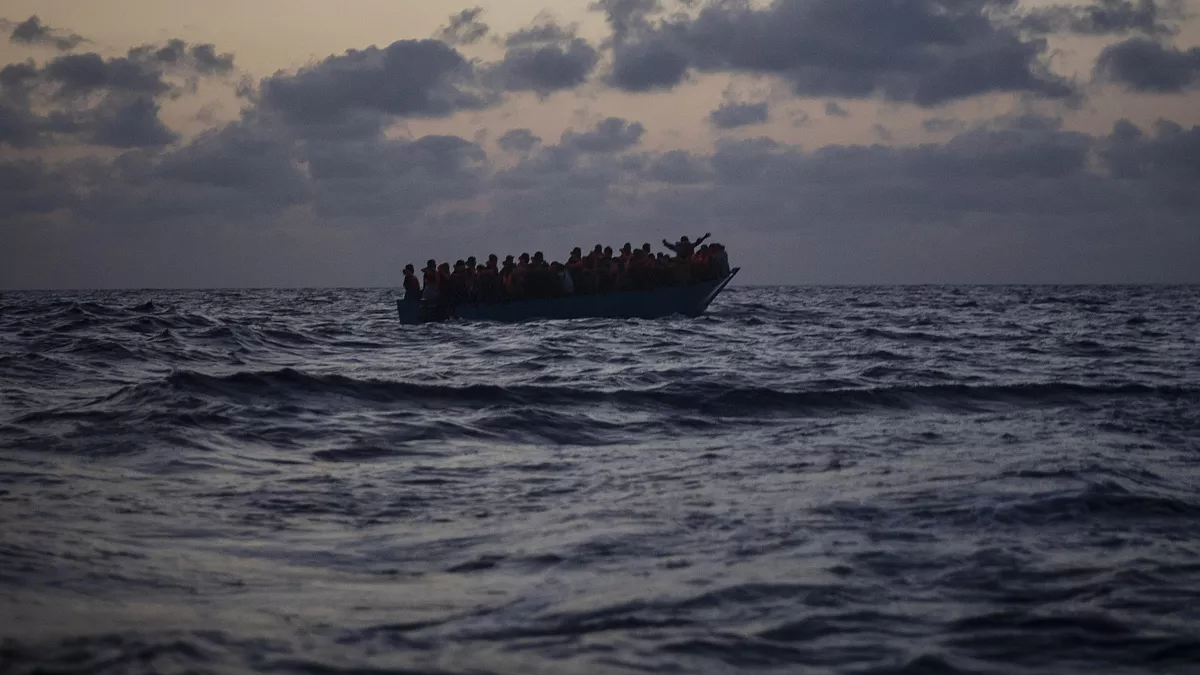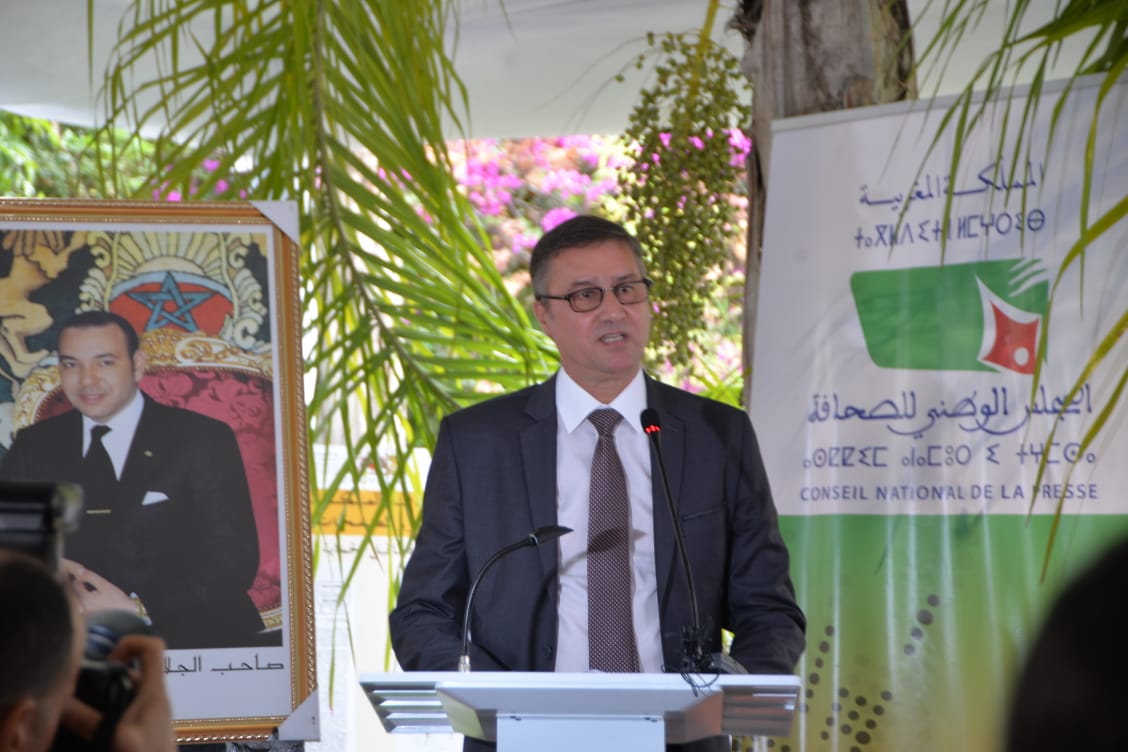[vc_row][vc_column][vc_column_text]
Many countries in the Middle East and North Africa still struggle to manage the coronavirus, but Morocco’s response suggests an important evolution in civil-military relations.
* This paper was originally published by Carnegie Endowment for International Peace
Despite a spike in coronavirus cases since the end of July 2020, the Moroccan government is still taking the lead in managing the coronavirus pandemic. The Royal Armed Forces (FAR) have provided relatively limited but effective support, especially in medical care, logistics, and public reassurance. A clear division of labor and institutionalized cooperation between the civilian government and the military have been key to this effort, demonstrating a substantial evolution in Moroccan civil-military relations since the 1970s.
The palace has made cooperation on the country’s pandemic response possible by setting up coordination mechanisms, in order to task the military as needed. On March 17, 2020, King Mohammed VI held a high-level meeting with senior officials to discuss efforts to contain the pandemic. This meeting included uniformed personnel, such as the inspector general of the FAR, the commander of the Royal Gendarmerie (a police force with military status that is part of the FAR), and the director general of national security, and civilian officials, including the prime minister and ministers of health and interior. After the meeting, the palace issued a statement announcing that the king, as supreme commander and chief of the General Staff of the FAR, instructed military and civilian health authorities to work jointly to combat the coronavirus pandemic.
MILITARY SUPPORT FOR CIVILIAN HEALTHCARE
As a result, the military has actively participated in efforts to support the civilian healthcare system, not only by putting the existing military hospitals in service of the fight against the pandemic, but also through the construction of several field hospitals and urgent medical interventions.
The FAR has also helped the medical research and manufacturing sector to increase Morocco’s medical independence. Their cooperation facilitated the invention of a Moroccan artificially intelligent respirator. Moreover, the Royal Gendarmerie has helped accelerate Morocco’s production of personal protective equipment, such as face masks. As of the middle of May, the Mask Manufacturing Unit of the Royal Gendarmerie had produced more than 17 million masks, with a weekly average of 1 million protective masks and 200,000 surgical masks.
Support for the civilian healthcare sector was not the FAR’s only contribution to containing the pandemic. It also deployed armored vehicles in urban areas such as Casablanca, Marrakech, Rabat, and Tangier after the declaration of the state of health emergency on March 20. Contrary to expectations, dispatching the military to civilian areas did not cause panic, in sharp contrast to the army’s deployment to suppress popular protests in the Rif region (1958‒1959) and in Casablanca and surrounding areas (1965, 1981). This time around, a large number of citizens welcomed the armed forces’ presence in the streets.
The reason, in all likelihood, is that the army’s presence on the streets was merely a symbolic state gesture. Soldiers were stationed inside their armored vehicles in strategic locations throughout large cities, without getting into direct contact with citizens. This symbolic presence was intended to reassure the population and reinforce the presence of the state (makhzen) and its ability to implement the state directives during the health emergency.
IMPLICATIONS OF MOROCCAN CIVIL-MILITARY RELATIONS
The growing visibility of the armed forces since the outbreak of the pandemic does not necessarily imply a larger political role. It is most likely a sign of the armed forces’ ability to shoulder additional responsibility, backing up the government’s pandemic response without getting involved in its daily management.
A half century of Moroccan civil-military relations provides important context to the FAR’s limited political role since the outbreak of the pandemic. Since the early 1970s, the relationship between the state and the military has resulted in severe limitations on the military’s ability to intervene in civilian affairs. Brahim Saidy observes that the monarchy has pursued a strategy of coup-proofing and institutionalization to protect itself from coups d’état. This strategy included restoring the legitimacy of the ruling political order, constructing parallel security institutions, redistributing material incentives and economic privileges, and institutionalizing the armed forces through a set of constitutional and legal norms, principles, and procedures with a system based on meritocracy.
This strategy has kept the army outside the political realm while modernizing its apparatus.
Importantly, this relationship has not changed during the pandemic. The armed forces are checked by the king himself, who remains both the head of the state and the head of the armed forces. For instance, on May 7, 2020, the king fired the head of the Royal Guard after a coronavirus outbreak at its base in Rabat.
Moreover, the security of the ruling political order has not appeared in doubt, so the palace entrusted the civilian government with managing the crisis. It was clear from the beginning of the pandemic that the military’s role would be temporary and its function well-defined and limited. The same palace statement also clearly outlined that the only role of the armed forces was to back up the civilian healthcare sector.
The spike in cases since July 2020 prompted the overburdened civilian healthcare system to request more military support. The civilian healthcare system promised to equip 3,000 intensive care beds to host the most severe cases of COVID-19, but when the number of patients needing intensive care increased, the civilian healthcare sector turned to the military to build several field hospitals and provide medical support on the ground.
Despite this, the military has not asserted itself in other ways. The public health emergency law published on March 24 did not allocate a role for the military, but it stated that the management of the pandemic was to be performed jointly and exclusively by the Ministries of Interior and Health. Two examples are illustrative. First, the order and composition of the security patrols to enforce night time curfews has a clear hierarchy, with the police presiding over the patrol, then auxiliary forces, then civil defense (firefighters), and then military vehicles. Second, the national and regional Business Intelligence Committee (le Comité de Veille Economique), which is the main task force for proposing economic and social responses to the COVID-19 pandemic, does not include any members of the armed forces.
COOPERATIVE CIVIL-MILITARY RELATIONS
The military’s light footprint and its focus on backing up civilian health authorities is likely to continue until the end of the pandemic. The COVID-19 episode demonstrates a tendency toward more cooperation between military and civilian authorities, on a small but growing scale. For the first time since the 1970s, the military is truly under civilian control on the ground, an idea that has become more acceptable and institutionalized over time.
Serious challenges remain, especially on the economic and social fronts. Hundreds of thousands of Moroccans have lost their jobs and the tourism sector will be affected heavily not only in 2020 but, in all probability, also in 2021. There might be a growing demand for conscription in the army, and the government might also face protests due to the worsening socioeconomic situation. It remains to be seen whether the regime will call in the armed forces again, but it seems likely that civilian authorities will lead the effort.
[/vc_column_text][/vc_column][/vc_row]
Mohammed Masbah
Mohammed Masbah is the Founder and President of the Moroccan Institute for Policy Analysis (MIPA). He is a political sociologist whose work centers on public policy, democratization and political Islam, with a focus on North Africa. Dr Masbah is an Associate Fellow at Chatham House in London and adjunct professor at Mohammed V University. He was previously a non-resident scholar at the Carnegie Middle East Center, and a fellow at the German Institute for International and Security Affairs (Stiftung Wissenschaft und Politik, SWP) in Berlin. Dr Masbah obtained his PhD in Sociology from Mohammad V University in Rabat. His dissertation examined the processes of radicalization and deradicalization of Moroccan Salafis since Casablanca bombings in 2003. His recent publications include: Moroccan Jihadists: Local and Global Dimensions, Al Jazeera Centre for Studies, 2021. Trust in Institutions Index 2020, Moroccan Institute for Policy Analysis, 2020. Rise and Endurance: Moderate Islamists and Electoral Politics in the Aftermath of the ‘Moroccan Spring’” in Islamists and the Politics of the Arab Uprisings: Governance, Pluralisation and Contention (Edinburgh University Press, 2018) Contact the author: m.masbah@mipa.institute


